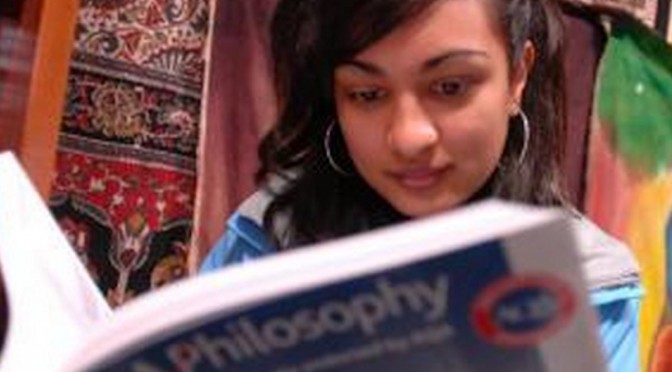An enquiring mind
The section on the influences on life in the 14th century identify the minutiae of Cathar beliefs. What is more important is the section on what Ximene herself believed, which concentrates of her ideas of who Jesus might have been and why he was important. Beliefs which are so very different from the views propogated by the Church of Rome. If I am to write about Ximene I must have a better understand of these beliefs so that I might understand how they affected her life decisions. I have however spent much longer than I should have done because every reference consulted asked more questions than it answers. I have called it pseudo history because it goes beyond recorded history, it depends not just on facts but on interpretation, interpolation and extrapolation. however i have come to believe that even accepted history has been developed by similar thought processes.
Healthy Scepticism
Is a fifteeth century genealogy from the library of an aristocratic german family reliable? Probably not! The records will have been manipulated to enhance the families nobility or claim to the right to rule.
On the other hand are any of the core documents of the Roman Church reliable? Again probably not, given that we do know from other Church documents that it took over 100 years of editing to make sure they were “free from error’. That meant doctrinal error not factual error! In any case this editing took place over four hundred years after the death of Jesus!
Much of the published information about the Cathar Faith is derived from the records of the Holy Inquisition. Do transcripts of interrogations of the Inquisition give us an accurate picture of how people spent their lives or what they actually believed? Probably not, given the horrendous circumstances in which the statements were delivered and recorded!
Copyright of History
In the copyright case between Dan Brown and the three authors of Holy Blood, Holy Grail; Michael Baigent, Henry Lincoln and Richard Leigh a court of appeal judgement said that the three authors of the earlier book had no case against, as it is “not possible to copyright history.” The implication is that the genealogy which showed Mary Magdelene’s marriage to Jesus is “history”. Is that how the appeal court judge intended his judgement to be read? Once again probably not!
Multiple Sources
Everything I quote here in “Pseudo History” is based on information I have found elsewhere.
It is an echo of the opinions of other authors, who do not always agree with each other. The information from many independent sources has been compared and been supplemented by limited personal interpretation and extrapolation in attempt to interpret the anomalies. Robert Graves, one of those I nominate as being a modern heretic, opined it would take lifetime to check everything from original documents, which is why historians, real historians, concentrate on only small segments of history in which they specialise.
No Apologies
These pages draw information from a wide range of different sources which have been combined and interpreted. Conclusions have been drawn from a wide range of historical observations. The conclusion is important to my stories about Ximene and therefore I have drawn my conclusions with care. I now have a very specific opinion. However the extrapolation and decision making process cannot be confirmed from original source documents, or at least not reliably. I was advised by one of my mentors never to apologised for my opinions and therefore my opinions are stated as if they are fact which of course they are not.
